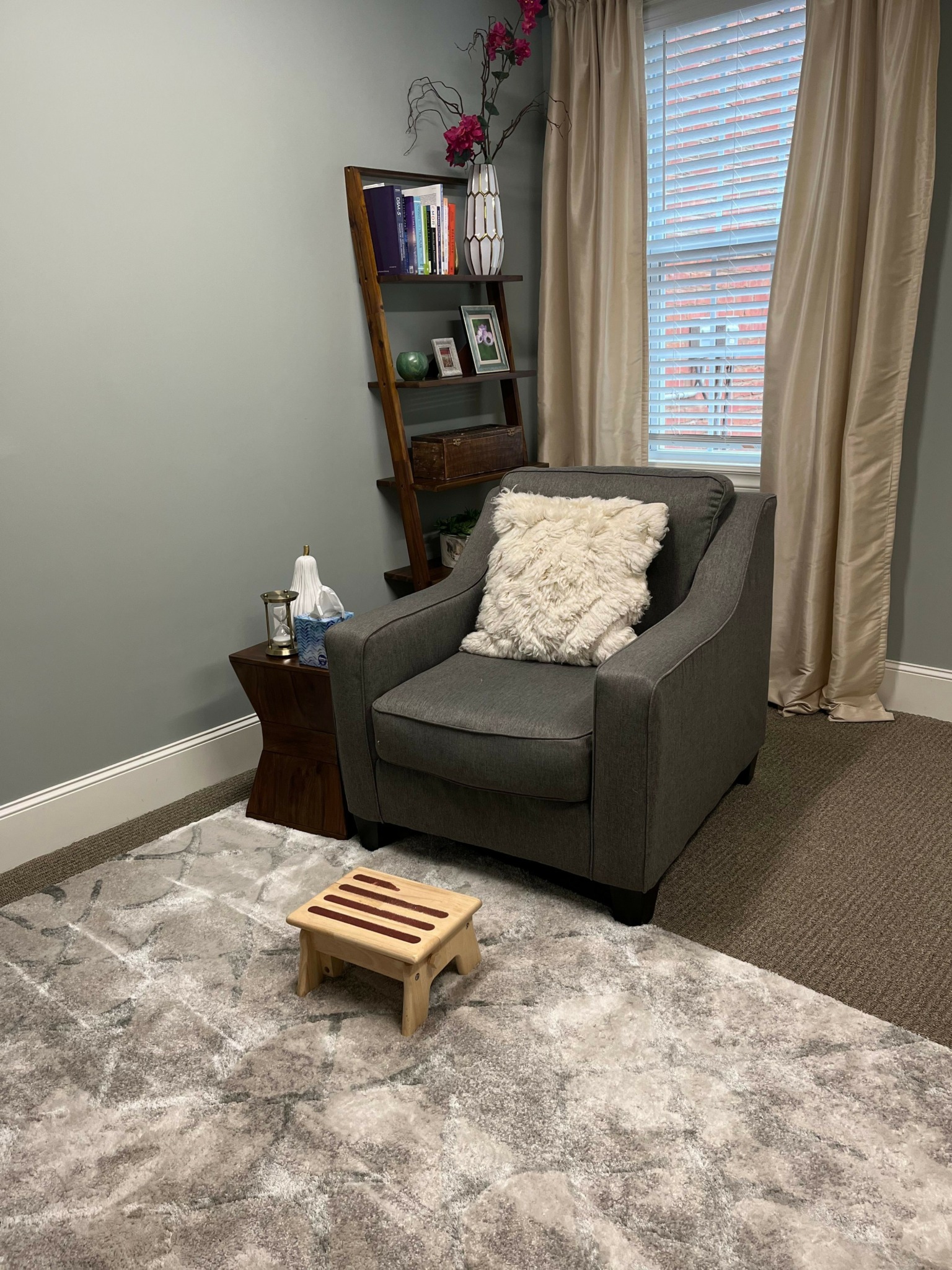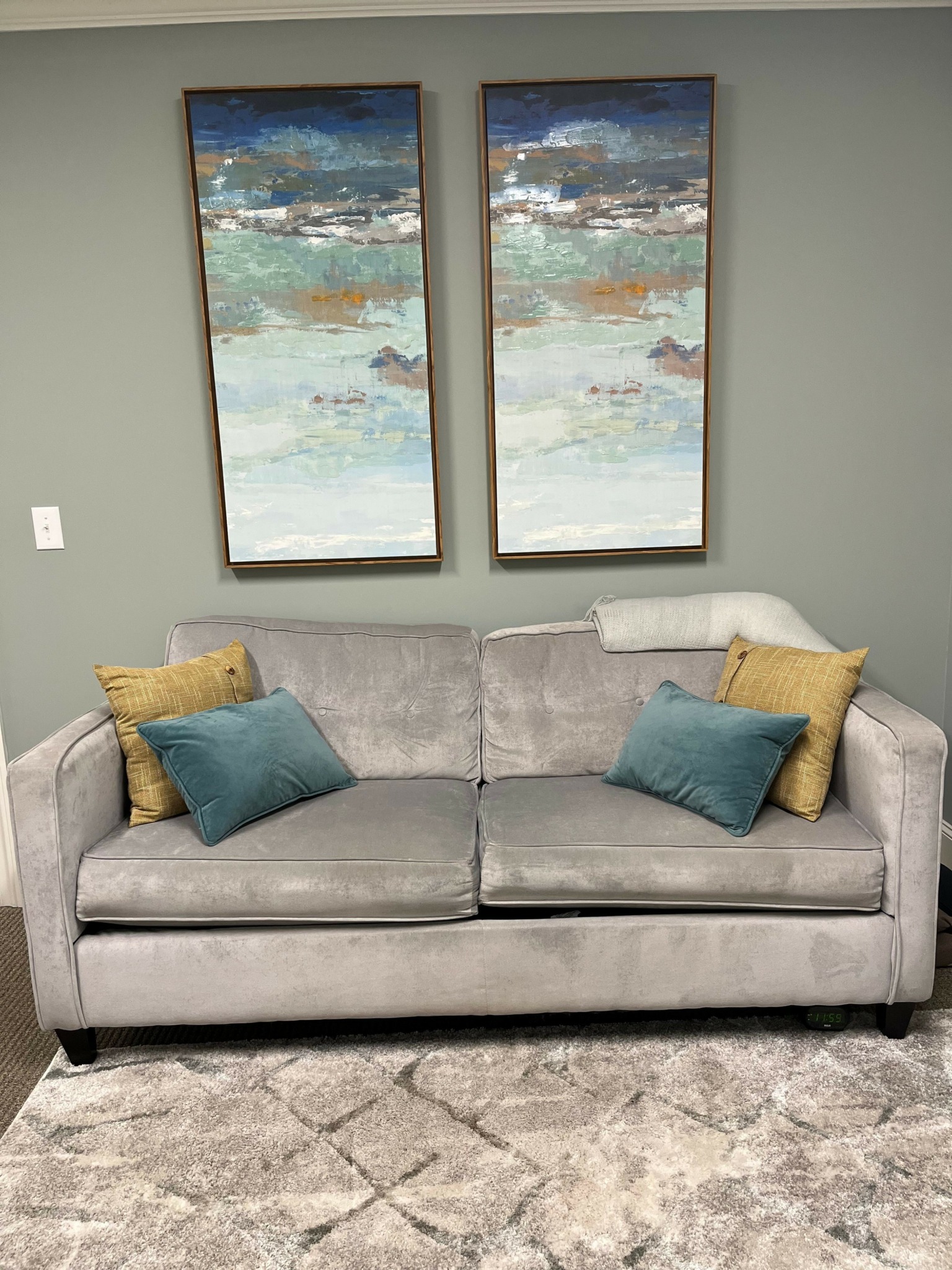We were lucky to catch up with Abigail Grubbs recently and have shared our conversation below.
Abigail, thanks for taking the time to share your stories with us today Was there an experience or lesson you learned at a previous job that’s benefited your career afterwards?
Before starting my private practice as a therapist, I spent 2.5 years working as a Hospice Social Worker. Supporting individuals diagnosed with terminal illnesses and their families can be emotionally overwhelming—you’re surrounded by loss and heartbreak on a daily basis. But few roles are as profoundly meaningful or rewarding.
One of the most important lessons I took from that experience was learning how to have deeply uncomfortable conversations. In this country, death is often treated as taboo—even among medical professionals. I was frequently surprised by how many patients and families had no idea what hospice care involved, or that their diagnosis was terminal.
One moment that stayed with me was a patient who, in response to a discussion about funeral planning, told me to “dump him in a ditch”—his way of expressing his discomfort and resistance. I also supported families who held onto hope through prayer, believing their loved ones on life support would recover, and worked with clients who were younger than me—including teenagers—facing the end of life.
These experiences taught me how to sit with pain, denial, fear, and grief without turning away. They made me more grounded, present, and unafraid of difficult truths. Now, in private practice, I rarely find topics that are too uncomfortable to explore with clients. That emotional resilience and openness has become one of my greatest strengths as a therapist.
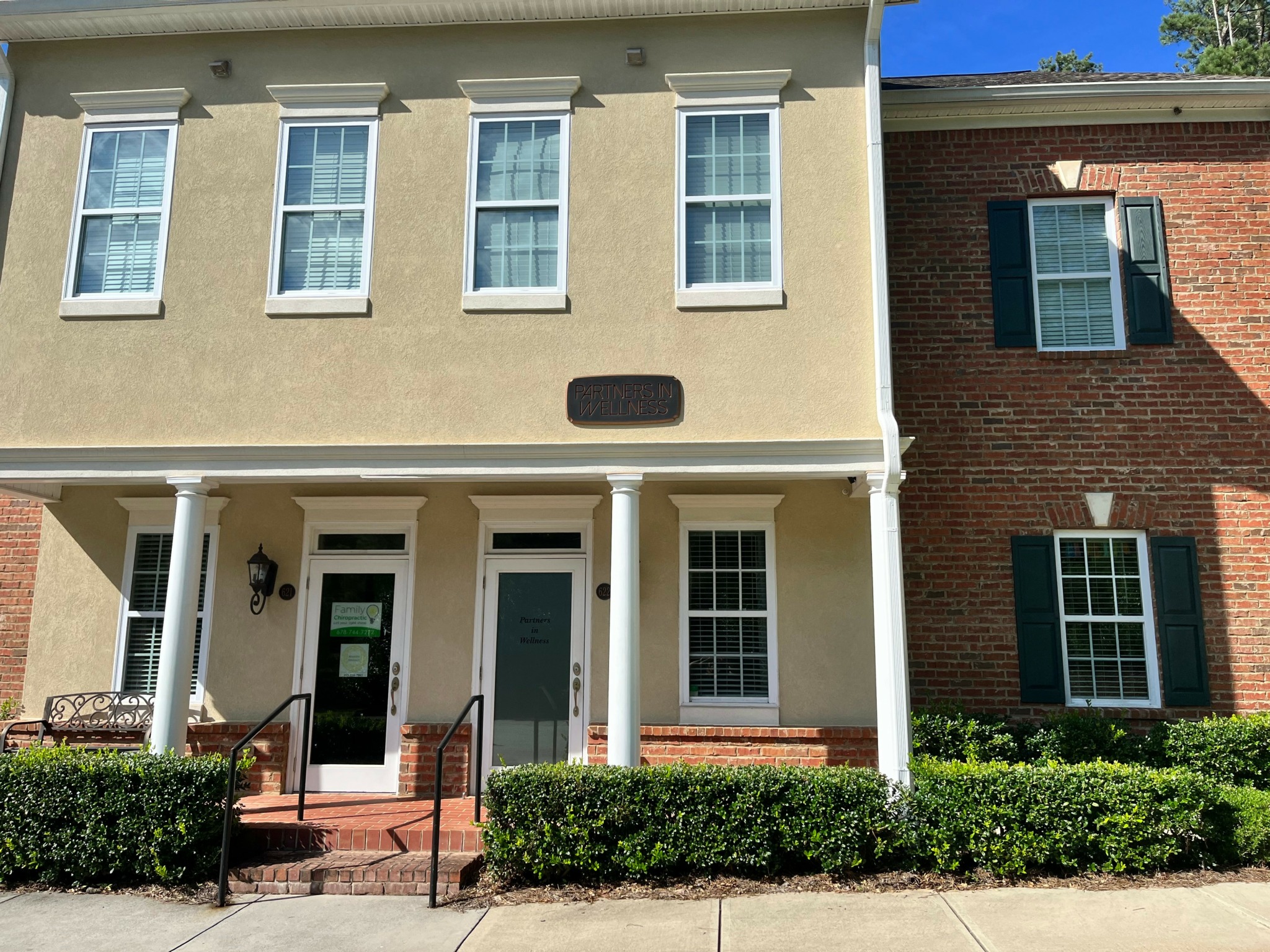
Great, appreciate you sharing that with us. Before we ask you to share more of your insights, can you take a moment to introduce yourself and how you got to where you are today to our readers.
My name is Abigail Grubbs (I also go by Abby), and I’m a licensed clinical social worker (LCSW). My interest in psychology began unexpectedly—through a random elective I took in college. On the first day of classes, something just clicked. I changed my major that day. I went on to attend the University of Georgia, where I earned a Bachelor’s degree in Interdisciplinary Studies with a concentration in Psychology. I later completed my Master’s at the UGA School of Social Work, which gave me both the clinical foundation and the practical experience to support people in a variety of settings.
Right after grad school, I worked with Partners Advancing Student Success (PASS), a nonprofit that partnered with the school system to support students at risk of not graduating high school. I saw firsthand how emotional pain and life stressors can derail a young person’s future—and how powerful it is to have someone in your corner. During the COVID-19 pandemic, I worked as a Hospice Social Worker, providing emotional support to individuals and families during the end of life. Supporting patients and family members during the pandemic was especially challenging, especially if the patients resided in nursing homes. Many family members were forced to go months without seeing their loved ones, and some were even unable to see them until they were close to death.
Today, in my private practice, I offer therapy to both adults and adolescents dealing with anxiety, stress, grief, identity concerns, life transitions, and more. I primarily use Cognitive Behavioral Therapy (CBT)—which helps clients better understand the connection between their thoughts, emotions, and behaviors. Whether I’m working with a teen navigating school stress or an adult processing loss or burnout, my goal is to create a space where people feel safe, seen, and empowered. I specialize in grief and navigating life changes.
My prior experiences in the education and healthcare systems is part of what sets me apart as a therapist. I have specialized knowledge in not only adolescent development, but also the dying process and the progression of terminal illnesses like Alzheimer’s. I have found that my prior experiences have helped me better support clients who are going through similar stressors.
I currently work as an independent contractor for Partners in Wellness, LLC. I am one of five therapists currently on the team, and all have a wide variety of different backgrounds and strengths.
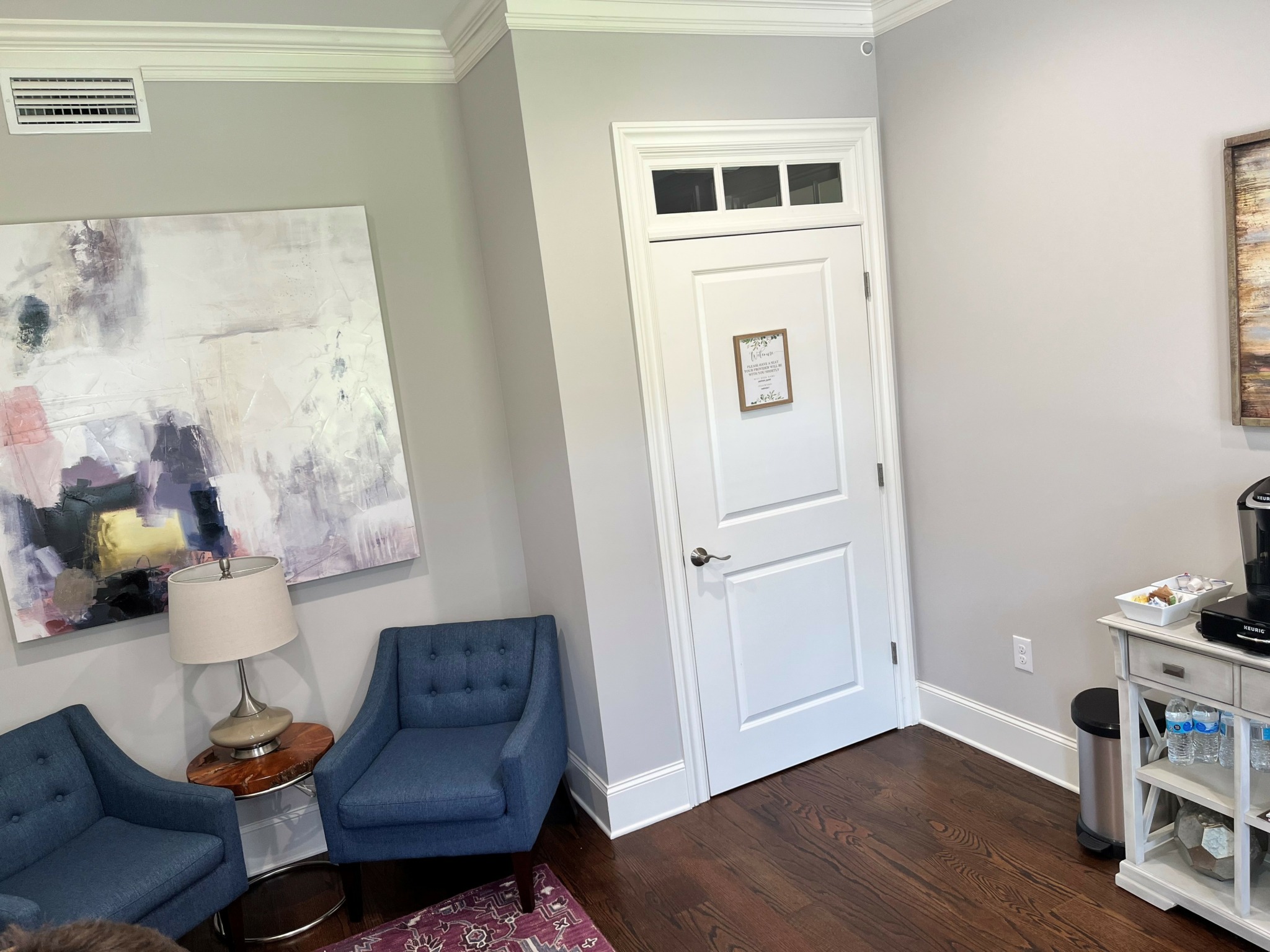
Do you think you’d choose a different profession or specialty if you were starting now?
Absolutely not! Despite the way I stumbled into my field, I believe that I would have found my way into a similar profession eventually. Social work is such a versatile profession. When thinking of social workers, I believe many people picture those working with the Department of Family and Children Services (DFCS). But social workers can be found just about anywhere. Because of the foundational training social workers share, it’s relatively simple to move into a completely different field. For example, while the education and healthcare systems are completely different, the core role of a social worker is constant. That being said, there are major issues with the profession. Social workers are notoriously overworked and underpaid. An article from the National Institute of Health suggests that social workers are at a much higher risk of burnout than other professions. It’s crucial for social workers to have supportive employers and team members who truly value their passion and impact, and who facilitate work environments that allow them the ability to practice self-care and to maintain a healthy work-life balance.
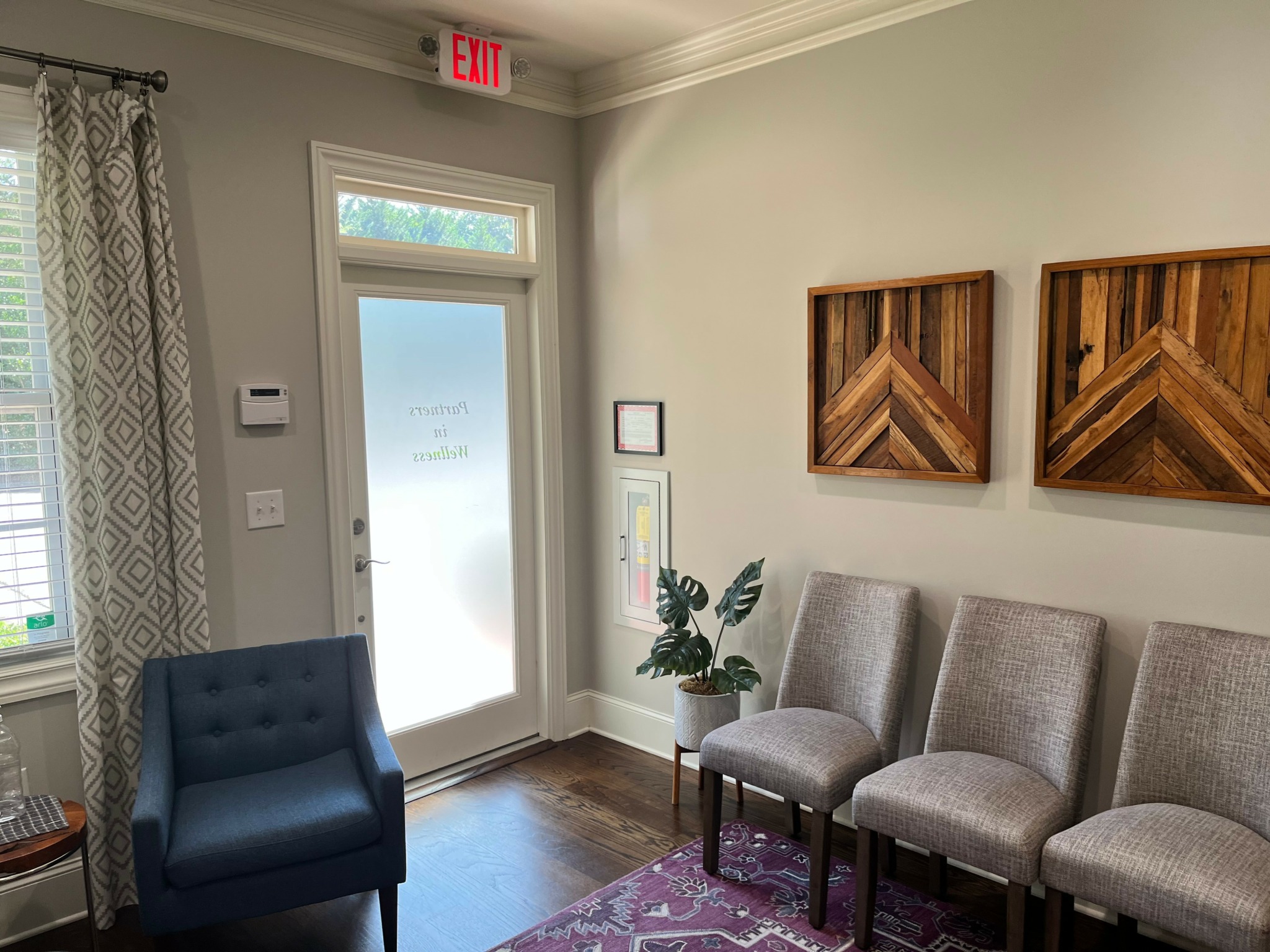
Learning and unlearning are both critical parts of growth – can you share a story of a time when you had to unlearn a lesson?
One lesson I had to unlearn was the tendency to let my job take over my life. This was especially true when I worked in hospice, where things can feel quite literally like life or death. Death doesn’t care if it’s a holiday, or if it’s the middle of the night, or if you have family obligations. It’s difficult to develop a healthy work-life balance. I had to learn healthy boundaries, and I had to learn my own limits. When I’m passionate about something, it’s easy to throw myself into my work. Now, in a position where I set my own schedule and grow my own caseload, I use those lessons to prevent myself from burning out.
Contact Info:
- Website: https://www.partnersinwellnessga.com/
- Linkedin: http://www.linkedin.com/in/abigailgrubbs
- Other: Psychology Today: https://www.psychologytoday.com/us/therapists/abby-grubbs-kennesaw-ga/982891
